When completing engaging seminar paper you demonstrate your skills of topic engagement as well as your analytical abilities while delivering compelling writing across your content. The quality of your seminar paper determines how well you will grab the attention of readers when presenting in class or conferences or as journal publications. This article will analyze essential methods to develop a remarkable seminar paper.
1. The paper should begin by setting out a focused thesis statement.
A well-founded seminar paper begins with vibrant thesis declaration. A focused thesis statement needs to be both defined and assertive to present the main argument of your paper. Choosing imprecise or vague research topics will lead to an unfocused presentation of ideas. Your odds increase of standing out when you reduce your range of focus and find an original perspective to approach the subject.
Instead of saying "Climate change is a major issue" for your thesis statement about climate change you should use this alternative: "The combination of climate change with urban social inequality intensifies how vulnerable populations face environmental shifts."
The thesis statement provides direction for research and allows you to keep focused in your analysis and writing of the paper.
2. Engage Your Audience with a Strong Introduction
First impression is introduction that make on your readers, so it's essential to grab their attention right away. With an interesting hook whether it's a surprise statistic, a thought-provoking question, or a quick narrative that pertains to your topic. In addition to grabbing the reader's attention, this will introduce the point you are going to make.
After establishing the hook, clearly introduce your topic and outline the paper's purpose. Make sure to conclude your introduction with a concise thesis statement that hints at the structure of your argument.
3. Craft a Logical Structure with Clear Transitions
Having an organized structure is essential for ensuring clarity and flow in your paper. Divide your work into sections that correspond with your thesis and help you develop your argument logically. A typical seminar paper structure might include: Present your thesis, introduce the subject, and lay out your case in the introduction.
Provide background information, a summary of previous studies, and an explanation of the topic's applicability in your literature review or context. The main body Present your key points, examine different viewpoints on the matter, and evaluate evidence or case studies.
In your conclusion, provide a summary of your research, support your thesis, and identify any ramifications or potential areas for additional study.
There should be a seamless flow from one section to the next and obvious links between concepts. These transitions, which can be either sentences or phrases, help the reader follow the paper's logical progression.
4. Support Your Points with Analysis and Proof
A seminar paper should include critical analysis in addition to information Use reliable proof to back up your claims, such as case studies, statistics, expert quotes, or historical examples. But simply giving the data is not enough; you also need to explain how the evidence supports your argument and how it pertains to your thesis. Make sure your analysis includes the evidence you present.
Be sure to incorporate the evidence you provide into your analysis. After quoting a study, for example, you may analyze it by talking about the research process or the possible ramifications of the results. This shows that you are actively interacting with the materials rather than just describing them.
5. Write in a clear and concise manner
Complicated language or superfluous jargon can frequently clog academic writing. Aim for simplicity and clarity so that your audience can understand your thoughts with ease. Avoid using too complicated terms that could confuse the reader and instead utilize brief, straightforward sentences.
Your writing should be readable even if your paper's subject is complex. The goal is to communicate your ideas in a way that is both interesting and easy to understand without sacrificing their depth.
6. Make a compelling closing argument to wrap up.
Effectively summarizing your thesis is essential because the end of your paper is your final opportunity to leave an impact on the reader. Considering the evidence you have provided, re-examine your argument. Emphasize the main ideas you covered and consider the findings' wider ramifications.
If appropriate, think about recommending topics for additional study or possible fixes for the problems you've discussed. In addition to offering a sense of closure, your conclusion should leave your audience with some questions.
7. Review, edit, and refine your work.
The last process after completing your work is editing and proofreading it. Now is the moment to polish your work and ensure that it is error-free and understandable. Start by checking your work for spelling and grammar errors, as these could lower its quality.
Next, evaluate the logical flow and consistency of your paper. Are there any parts that require rearranging? Do you have seamless transitions? Finally, ensure your references and citations are properly formatted in the correct style (e.g., APA, MLA, Chicago).
8. Consider More Than Just the Paper: Presentation Is Important
You should prepare more than just the written portion of your seminar paper when you're giving it live. It is worth rehearsing your delivery, especially with regards to tone, pace, and eye contact with the audience. Using visual aids such as slides or charts will enable you to efficiently pinpoint your major points. Remember that a polished presentation can improve your work and make an impact on your audience.Final Thoughts
A standout seminar paper is one that has been thought out carefully, well-organized, and purposefully presented. Begin with a solid thesis, engage your readers with a great opening, and support your ideas with credible data and analysis, and you are halfway there to writing an interesting and compelling paper. Keep practicing your writing and attempt to present yourself concisely and in clear terms.

 PhD in Electrical Engineering: Research & Writing Support
PhD in Electrical Engineering: Research & Writing Support  Which are the Best PhD Assistance and Dissertation Writing Services in India?
Which are the Best PhD Assistance and Dissertation Writing Services in India?  How to Choose a PhD Research Domain: EEE, ECE, or CSE?
How to Choose a PhD Research Domain: EEE, ECE, or CSE? 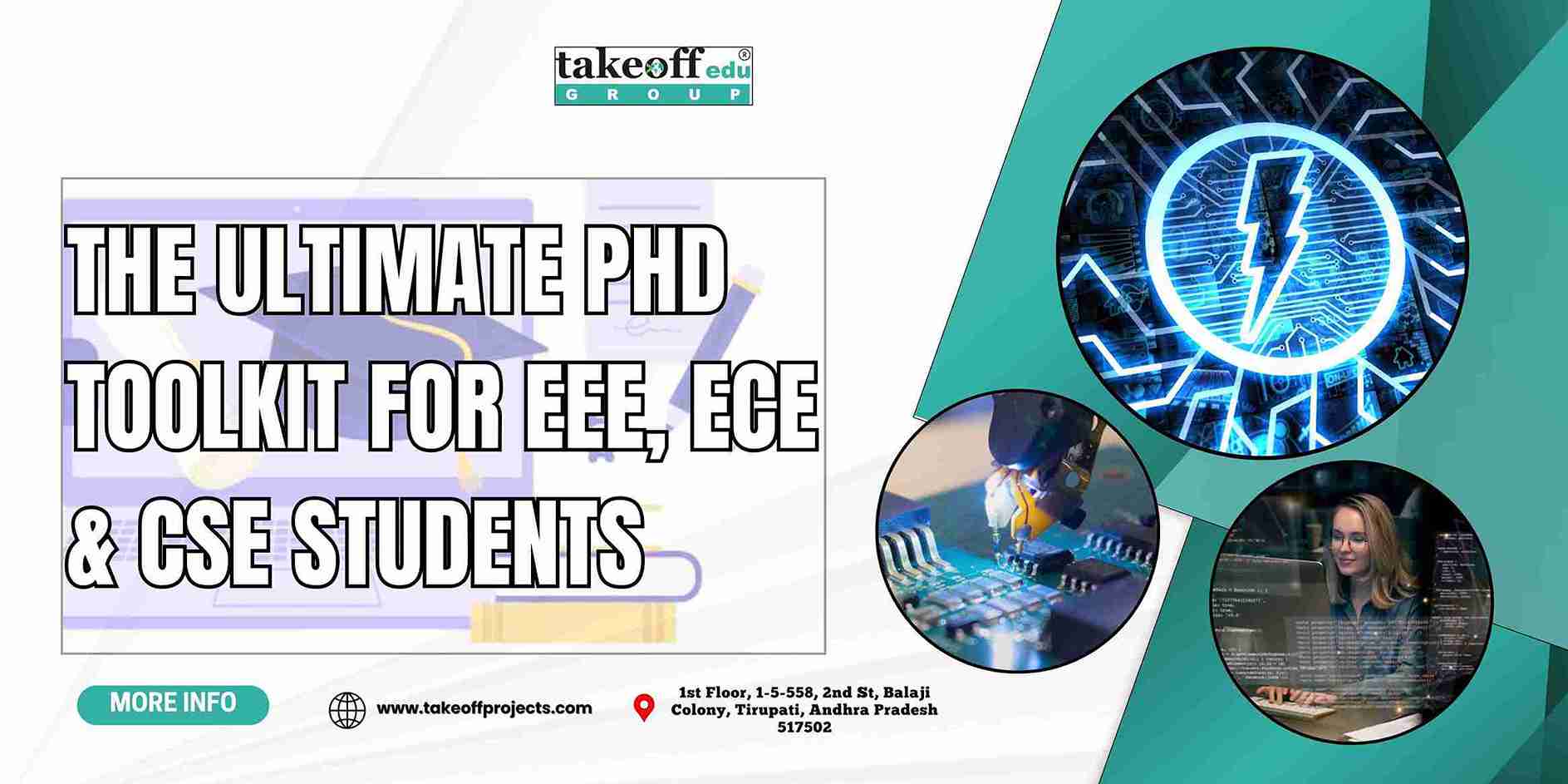 The Ultimate PhD Toolkit for EEE, ECE and CSE Students
The Ultimate PhD Toolkit for EEE, ECE and CSE Students  Publication Success in EEE, ECE, and CSE: Expert Tips for Engineering Scholars
Publication Success in EEE, ECE, and CSE: Expert Tips for Engineering Scholars  Your PhD Guide to Multi-Disciplinary Research in Engineering and Technology
Your PhD Guide to Multi-Disciplinary Research in Engineering and Technology  Top PhD Topics across EEE, ECE, and CSE: Bridging Innovation and Impact
Top PhD Topics across EEE, ECE, and CSE: Bridging Innovation and Impact  Top Embedded Systems Projects for Engineering Students
Top Embedded Systems Projects for Engineering Students  Crafting the Future of Tech: PhD Research Trends in Software Engineering
Crafting the Future of Tech: PhD Research Trends in Software Engineering  From Algorithms to Applications: Comprehensive PhD Support for CSE Students
From Algorithms to Applications: Comprehensive PhD Support for CSE Students  Cybersecurity and Blockchain: Pioneering Research Areas for PhD Scholars
Cybersecurity and Blockchain: Pioneering Research Areas for PhD Scholars  The Art of Writing High-Impact Research Papers in CSE Domains
The Art of Writing High-Impact Research Papers in CSE Domains  AI, ML, and Big Data: Emerging PhD Topics in CSE to Watch
AI, ML, and Big Data: Emerging PhD Topics in CSE to Watch  Top Research Trends in Electrical Drives for Aspiring PhD Scholars
Top Research Trends in Electrical Drives for Aspiring PhD Scholars  Transforming Ideas into Impact: Dissertation Help for EEE Scholars
Transforming Ideas into Impact: Dissertation Help for EEE Scholars 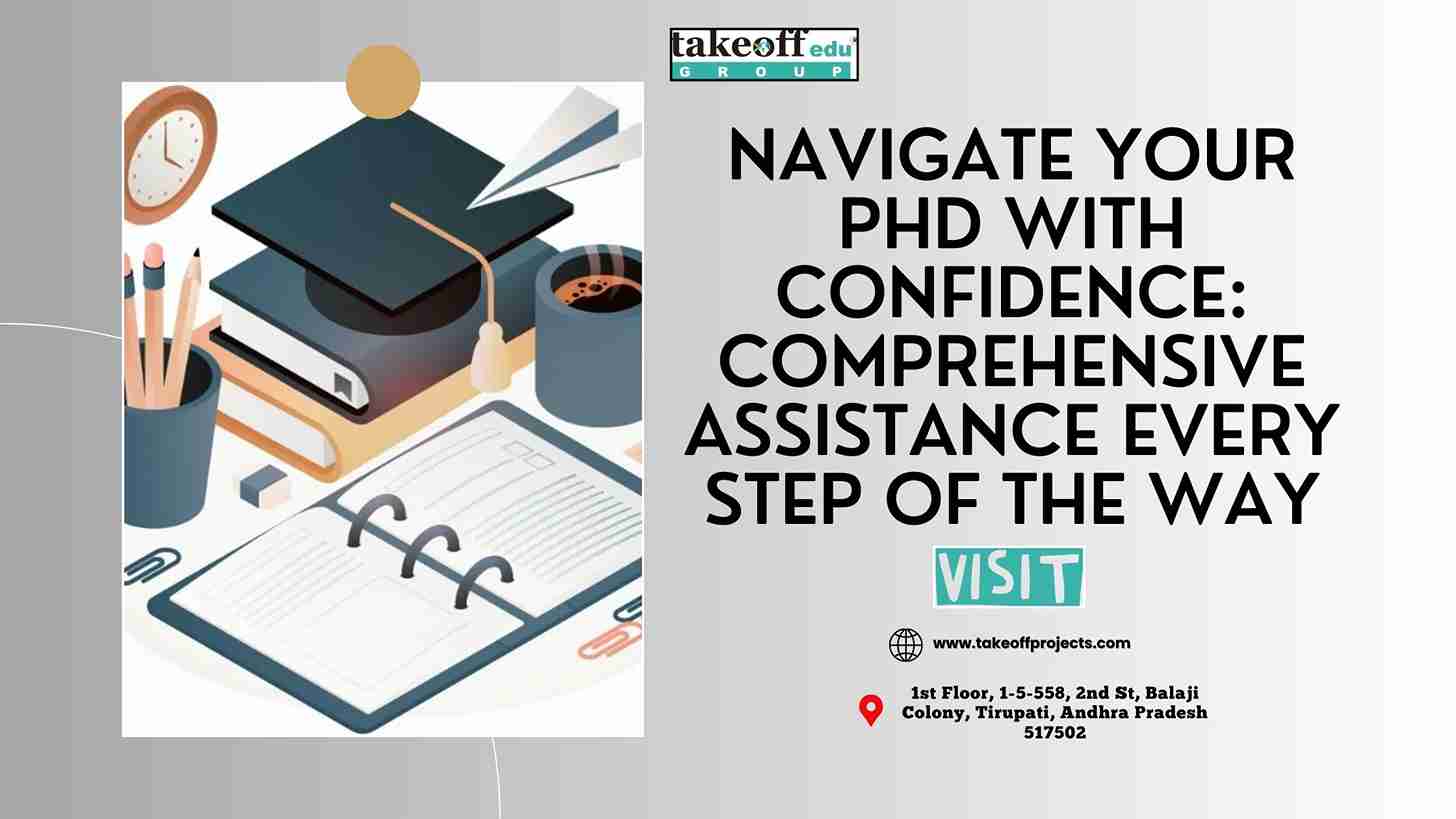 Navigate Your PhD with Confidence: Comprehensive Assistance Every Step of the Way
Navigate Your PhD with Confidence: Comprehensive Assistance Every Step of the Way  ECE Dissertation Success: Expert Tips for Writing and Publishing your Academic Success
ECE Dissertation Success: Expert Tips for Writing and Publishing your Academic Success  Breaking Barriers in Signal Processing: PhD Research Simplified
Breaking Barriers in Signal Processing: PhD Research Simplified  Building the Next-Gen Tech: A Guide to ECE Research and Publication
Building the Next-Gen Tech: A Guide to ECE Research and Publication  From Circuits to Control Systems: Navigating EEE Research with Expert Guidance
From Circuits to Control Systems: Navigating EEE Research with Expert Guidance  From Data to Discovery: Quantitative Analysis That Drives Results
From Data to Discovery: Quantitative Analysis That Drives Results  Future of IoT and Wireless Communication: Top PhD Opportunities in ECE
Future of IoT and Wireless Communication: Top PhD Opportunities in ECE  Top PhD Topics Energy Management in Power Electronics
Top PhD Topics Energy Management in Power Electronics  Exploring VLSI Design and Embedded Systems: Winning Research Topics for ECE Scholars
Exploring VLSI Design and Embedded Systems: Winning Research Topics for ECE Scholars  Expert-Approved Techniques for Crafting a Winning PhD Synopsis
Expert-Approved Techniques for Crafting a Winning PhD Synopsis 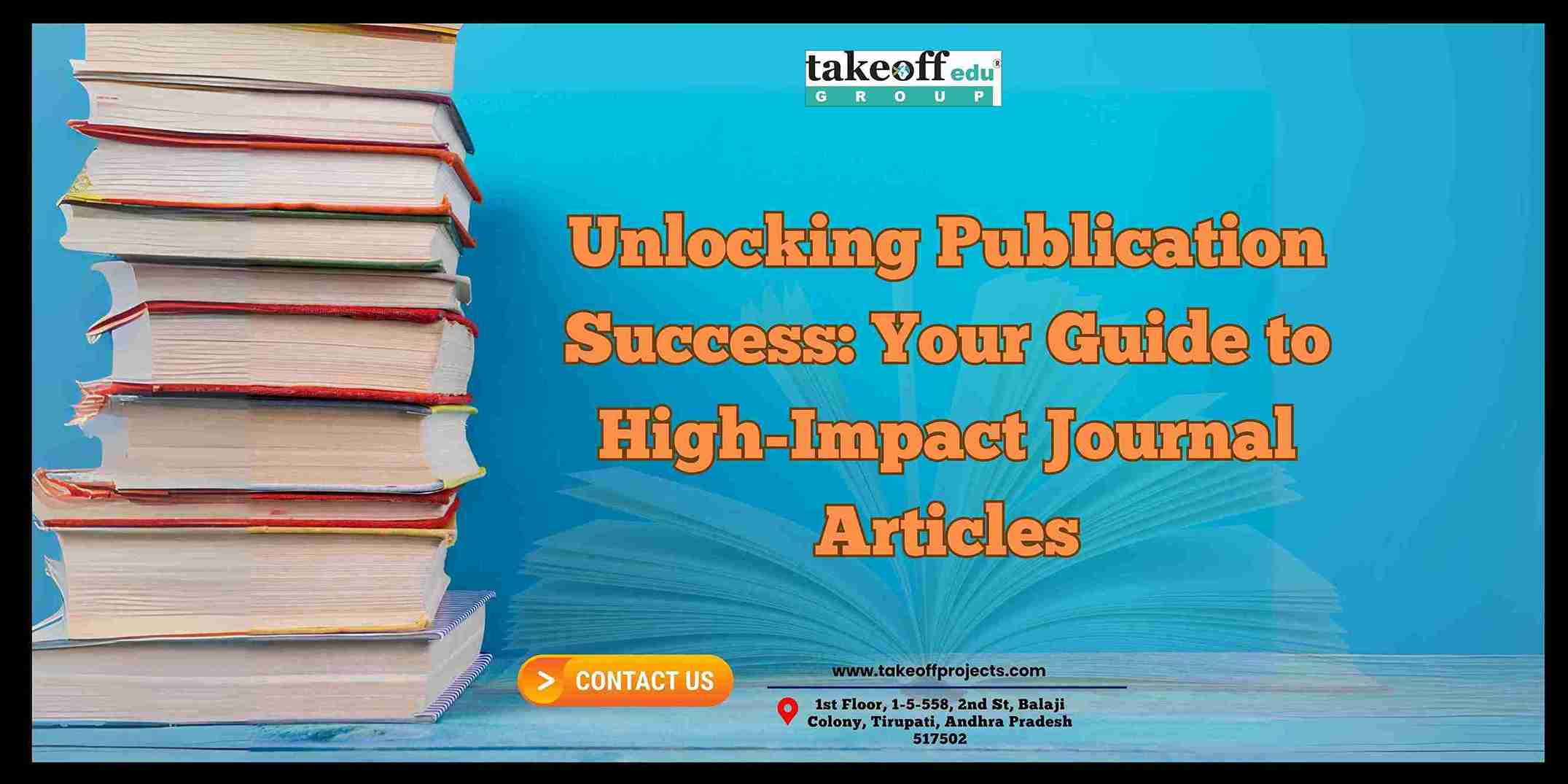 Unlocking Publication Success: Your Guide to High-Impact Journal Articles
Unlocking Publication Success: Your Guide to High-Impact Journal Articles  Mastering Energy Management: Top PhD Topics in Power Electronics
Mastering Energy Management: Top PhD Topics in Power Electronics  PhD Topic Selection Simplified: Choosing What Matters Most to You
PhD Topic Selection Simplified: Choosing What Matters Most to You 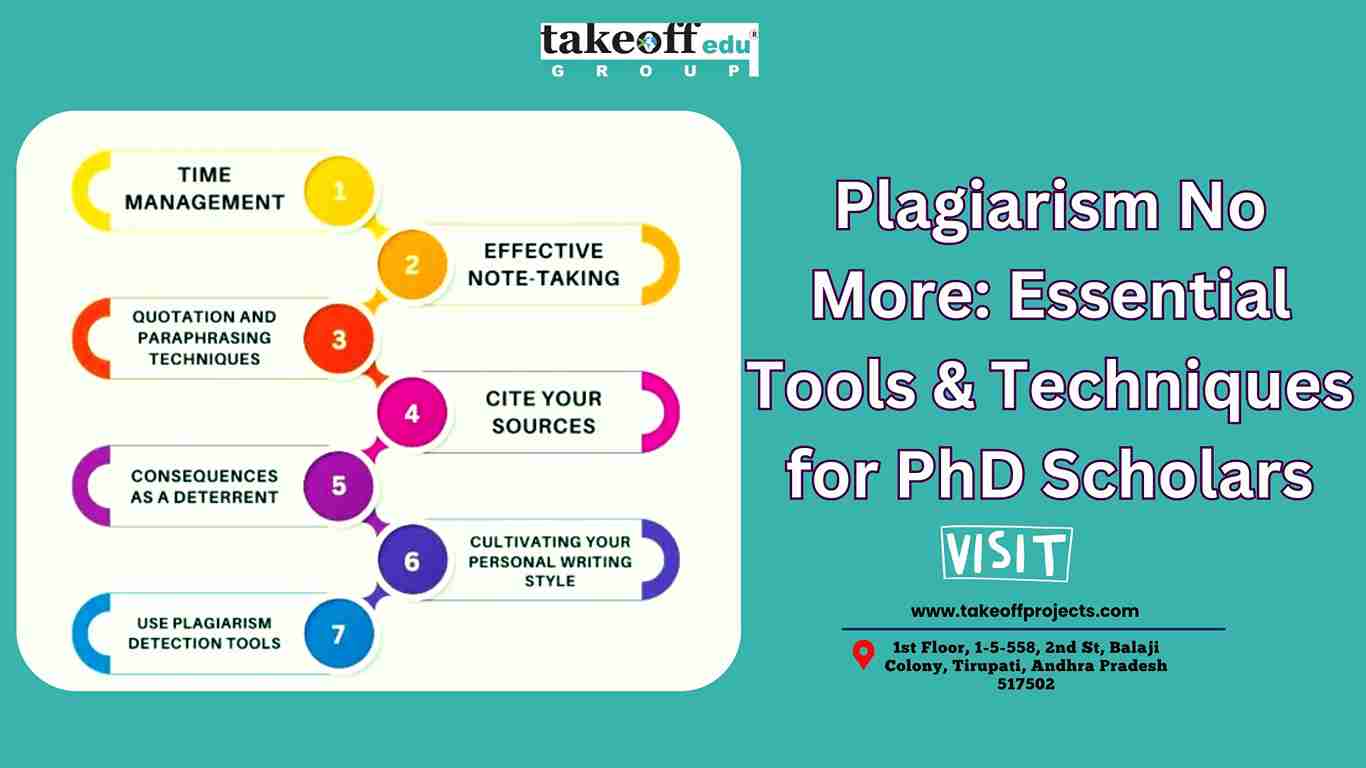 Plagiarism No More: Essential Tools and Techniques for PhD Scholars
Plagiarism No More: Essential Tools and Techniques for PhD Scholars 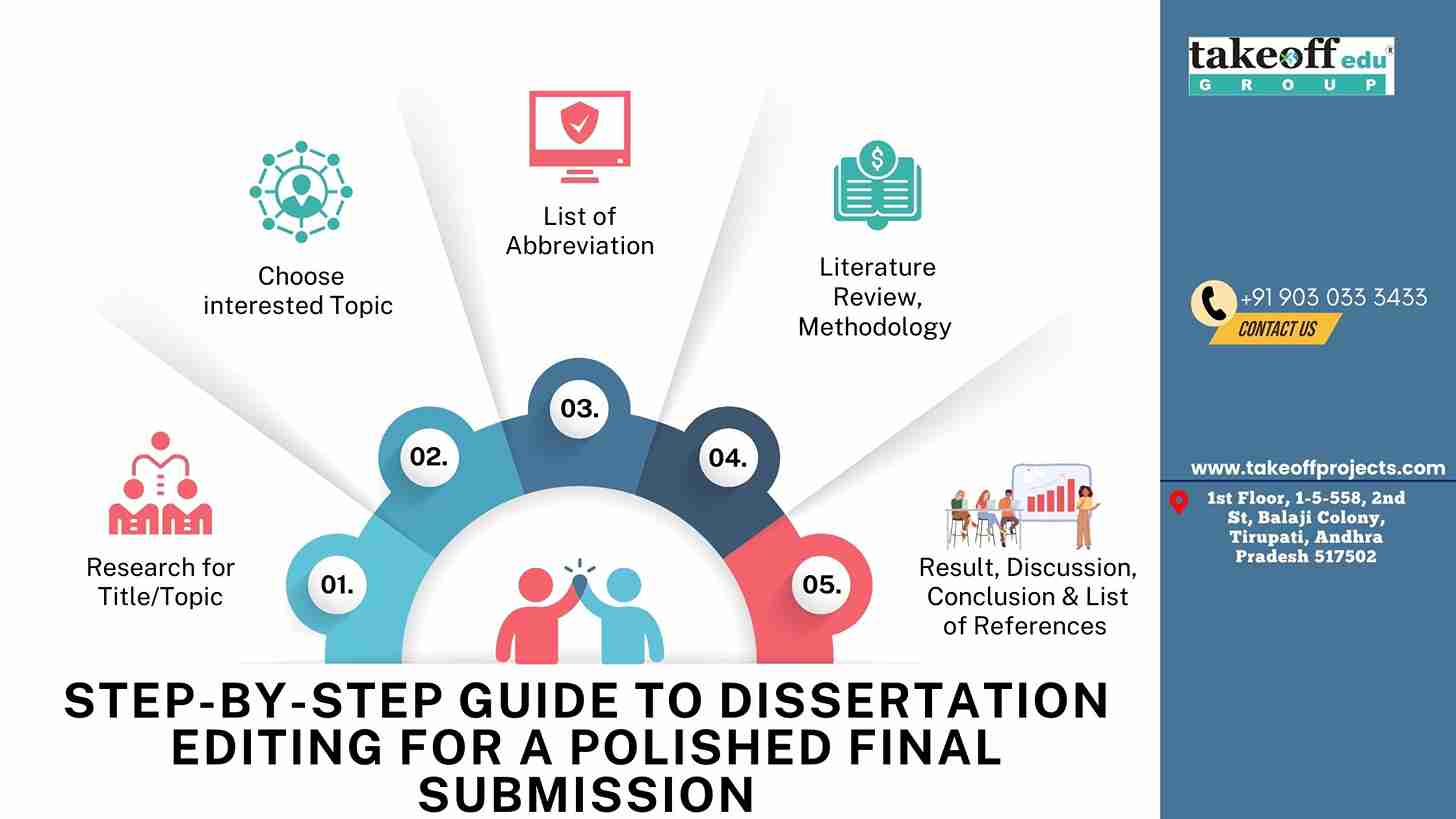 Step-by-Step Guide to Dissertation Editing for a Polished Final Submission
Step-by-Step Guide to Dissertation Editing for a Polished Final Submission 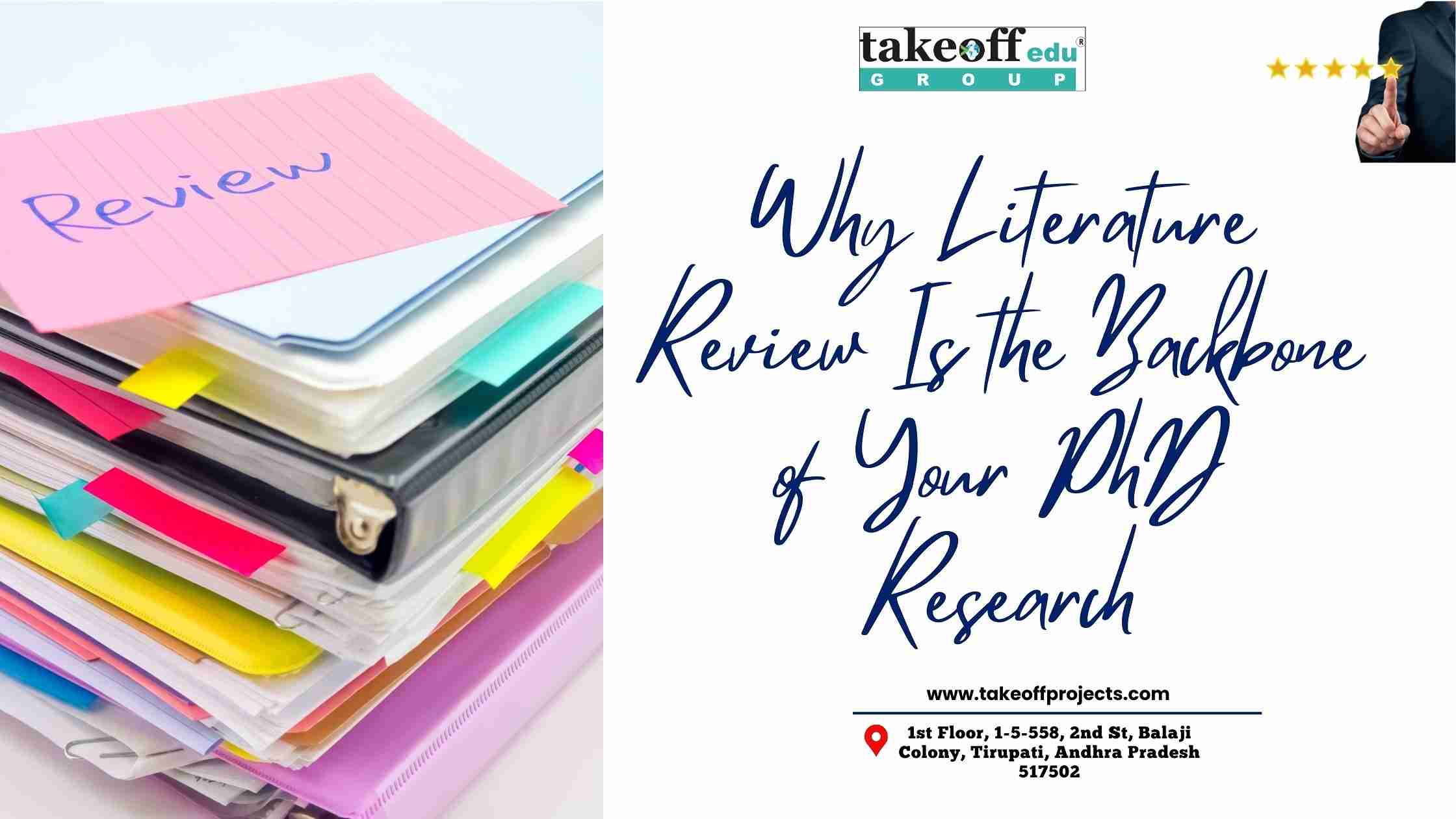 Why Literature Review Is the Backbone of Your PhD Research?
Why Literature Review Is the Backbone of Your PhD Research?  Accelerate Your Research: Software Implementation Made Easy for PhD Students
Accelerate Your Research: Software Implementation Made Easy for PhD Students  Stress-Free PhD Viva Voce Preparation: Expert Tips to Impress Examiners
Stress-Free PhD Viva Voce Preparation: Expert Tips to Impress Examiners  Transforming Data into Insights: Qualitative and Quantitative Analysis Explained
Transforming Data into Insights: Qualitative and Quantitative Analysis Explained  The Art of Problem Identification: Laying the Foundation for PhD Success
The Art of Problem Identification: Laying the Foundation for PhD Success 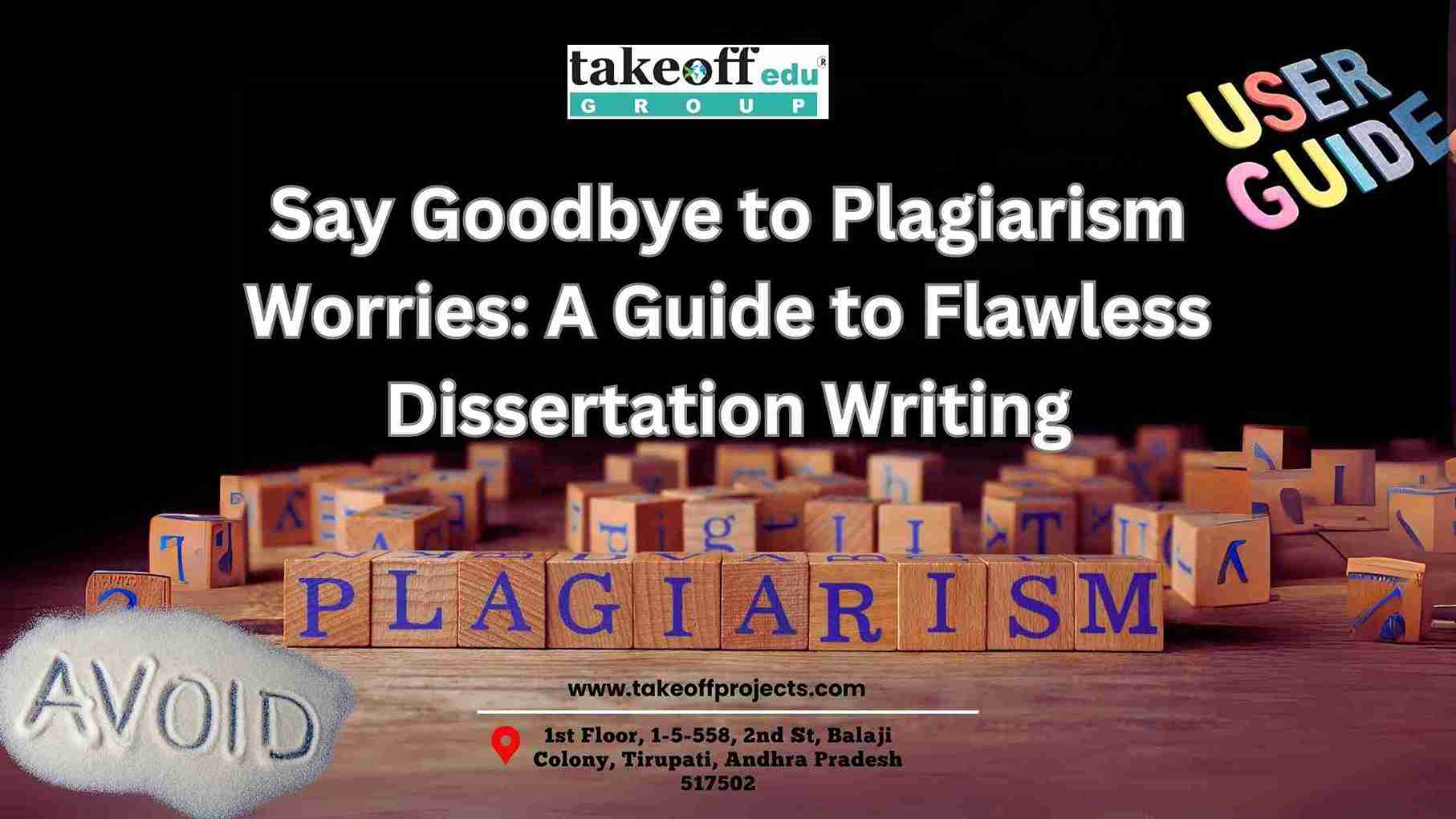 Say Goodbye to Plagiarism Worries: A Guide to Flawless Dissertation Writing
Say Goodbye to Plagiarism Worries: A Guide to Flawless Dissertation Writing  From Idea to Impact: Crafting High-Quality Conference and Seminar Papers
From Idea to Impact: Crafting High-Quality Conference and Seminar Papers 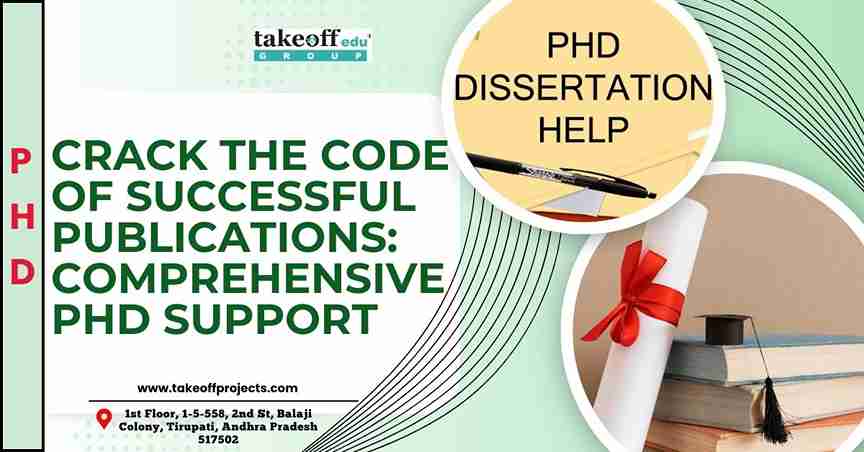 Crack the Code of Successful Publications: Comprehensive PhD Support
Crack the Code of Successful Publications: Comprehensive PhD Support  Top Strategies for Writing a Journal Ready Manuscript with Zero Plagiarism
Top Strategies for Writing a Journal Ready Manuscript with Zero Plagiarism  How to Nail Your PhD Research Proposal: Tips from the Pros
How to Nail Your PhD Research Proposal: Tips from the Pros  Understanding the Basics of Power Systems: A Comprehensive Guide
Understanding the Basics of Power Systems: A Comprehensive Guide  Turn Research Challenges into Opportunities: Expert PhD Consultation Services
Turn Research Challenges into Opportunities: Expert PhD Consultation Services 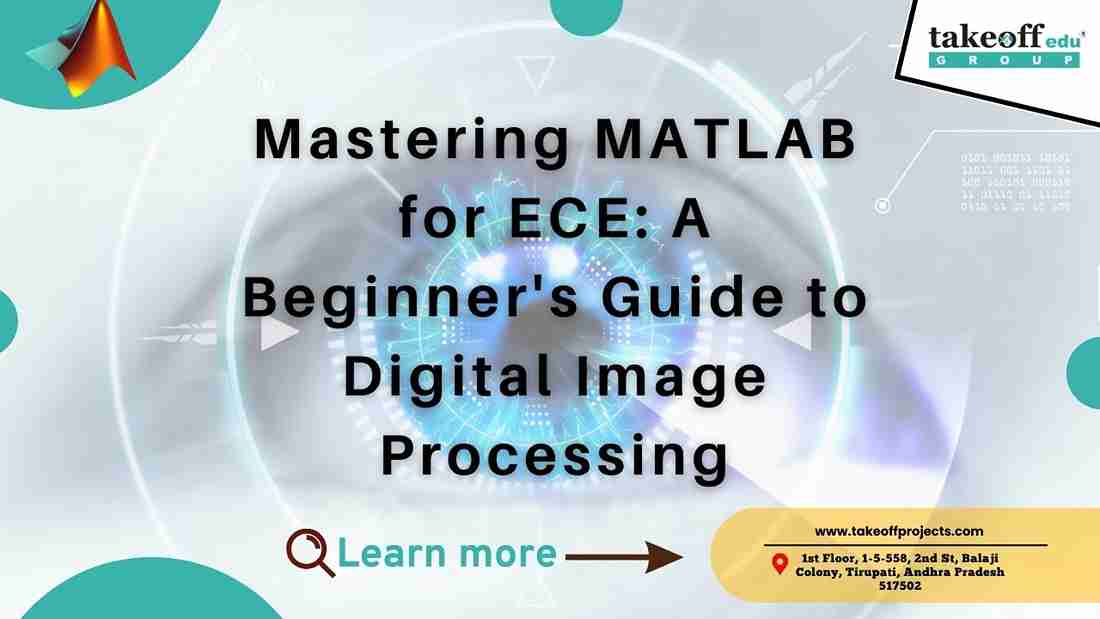 Mastering MATLAB for ECE: A Beginner's Guide to Digital Image Processing
Mastering MATLAB for ECE: A Beginner's Guide to Digital Image Processing  Mastering Your PhD Journey: From Topic Selection to Dissertation Success
Mastering Your PhD Journey: From Topic Selection to Dissertation Success  Assignment Writing Service
Assignment Writing Service  PhD Research Assistance
PhD Research Assistance  PhD Thesis Writing Services
PhD Thesis Writing Services 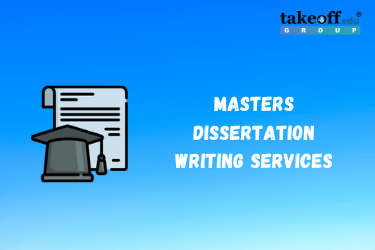 Masters Dissertation Writing
Masters Dissertation Writing 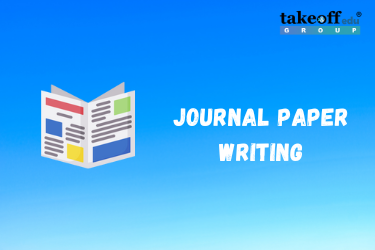 Journal Paper Writing
Journal Paper Writing 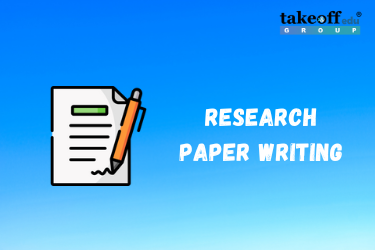 Research Paper Writing Services
Research Paper Writing Services 
 Paper Publishing
Paper Publishing


